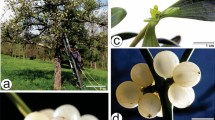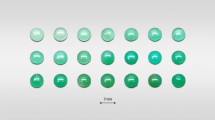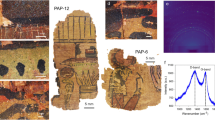Abstract
THE value of X-ray methods in the identification of minute quantities of crystalline substances is well demonstrated in the following example. Dr. E. Warren has been studying part of the collection of Pedipalps (arachnids related to the scorpions) in the British Museum (Natural History), and in two series of Hypoctonus formosus Butler, from Further India, he has found evidence of a fungus disease (actino-mycosis), which had affected at least 70 per cent of the specimens. Associated with the fungus centres, which are scattered throughout the tissues of the host, there are yellowish-white spherules measuring up to ½ mm. in diameter. These spherules are made up of radiating, birefringent needles which are probably pseudomorphous after the radiating fibres and hyphal tubes of an Actinomyces.
This is a preview of subscription content, access via your institution
Access options
Subscribe to this journal
Receive 51 print issues and online access
$199.00 per year
only $3.90 per issue
Buy this article
- Purchase on Springer Link
- Instant access to full article PDF
Prices may be subject to local taxes which are calculated during checkout
Similar content being viewed by others
Author information
Authors and Affiliations
Rights and permissions
About this article
Cite this article
BANNISTER, F. Tyrosine in Diseased Pedipalps. Nature 139, 469–470 (1937). https://doi.org/10.1038/139469b0
Issue Date:
DOI: https://doi.org/10.1038/139469b0
Comments
By submitting a comment you agree to abide by our Terms and Community Guidelines. If you find something abusive or that does not comply with our terms or guidelines please flag it as inappropriate.



